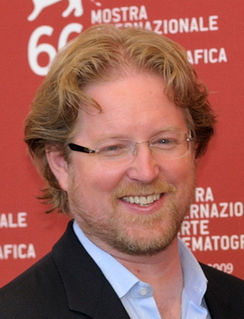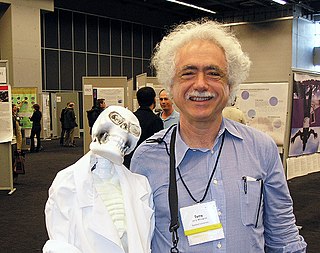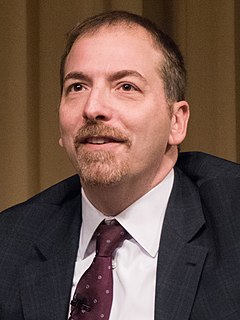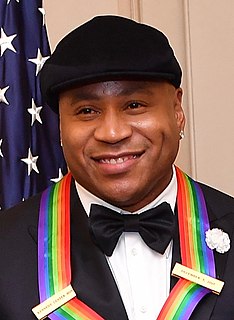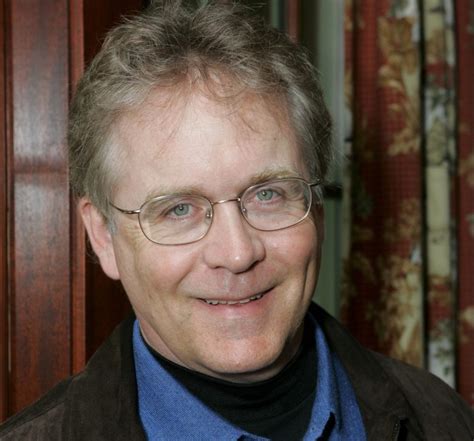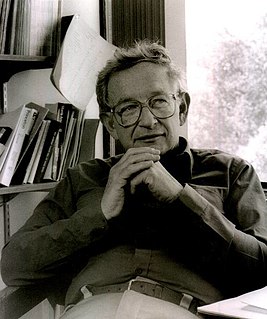Top 1200 Right Answers Quotes & Sayings - Page 3
Explore popular Right Answers quotes.
Last updated on April 15, 2025.
There are multiple ways to solve a problem and add value. There are seldom right answers. So, you've got to use your abilities to diagnose a situation and use your best judgment on what to do and how to do it. You WILL make mistakes - when you do, admit them and go back and try to fix them. I don't know is often the right answer.
I think life is simpler than we tend to think. We look for answers and more answers. But there are no answers. Things happen in life, good things and bad. People say, 'Why did it happen to me?' Well, why not? Some people win the lottery, and others die in a car crash. It happens, and there is nothing we can do about it. The universe doesn't care what happens to you.
I feel it's better to be loved and respected. If people fear you, you can get killed. If you're feared, nobody likes you. If you're feared nobody treats you the right way. You never get the right answers. You ask somebody if this is good, they'll tell you it's good even if it's bad. Nobody wants to be feared. You want to be respected.
Feynman's cryptic remark, "no one is that much smarter ...," to me, implies something Feynman kept emphasizing: that the key to his achievements was not anything "magical" but the right attitude, the focus on nature's reality, the focus on asking the right questions, the willingness to try (and to discard) unconventional answers, the sensitive ear for phoniness, self-deception, bombast, and conventional but unproven assumptions.
We may not know when or how the Lord's answers will be given, but in His time and His way, I testify, His answers will come. For some answers we may have to wait until the hereafter. This may be true for some promises in our patriarchal blessings and for some blessings for family members. Let us not give up on the Lord. His blessings are eternal, not temporary.
We ask the leaf, "Are you complete in yourself?" And the leaf answers, "No, my life is in the branches." We ask the branch, and the branch answers, "No my life is in the root." We ask the root, and it answers, "No my life is in the trunk and the branches and the leaves. Keep the branches stripped of leaves, and I shall die," So it is with the great tree of being. Nothing is completely and merely individual.
The main thing for me is just the length of time it takes to make a movie. It's at least a year of just talking about it, talking about it with yourself or your director or your other castmates or the press, so you just want to make sure it's a film that although you initially feel this pull or this drive to it, you don't really have the answers to why you're drawn to it. But it's more about not knowing the answers to certain questions but wanting to go on the journey of discovery to find the answers.
While testimonies can come as dramatic manifestations, they usually do not. Sometimes people think they need to have an experience like Joseph Smith's vision before they gain testimonies. If we have unrealistic expectations of how, when, or where answers come, we risk missing the answers which come as quiet, reassuring feelings and thoughts that most often come after our prayers, while we are doing something else. These answers can be equally convincing and powerful.



